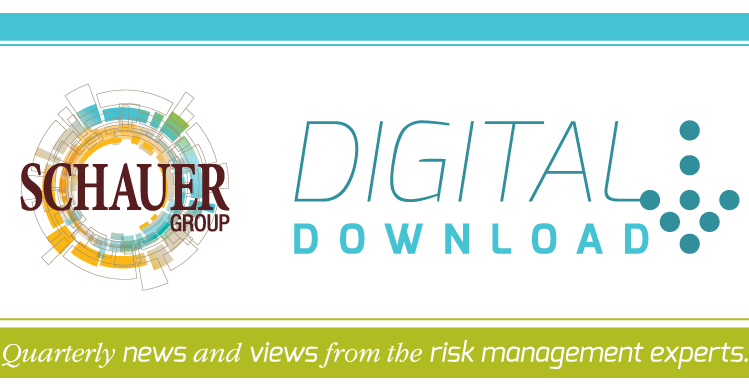As the COVID-19 emergency declarations come to an end next month, so do many of the flexible health care policies that were implemented to ensure Americans had access to the services they needed during the pandemic.
In 2020, the federal government declared COVID-19 both a national and a public health emergency and allocated additional dollars and other resources toward fighting the disease. Now that COVID-19 reported cases, hospitalizations and deaths significantly have declined since the virus peaked last year, the national and public health emergencies are set to expire May 11, 2023.
Some of the key changes employers and health plan participants should be aware of include:
COVID-19 vaccines, treatment and testing: During the public health emergency, COVID-19 vaccines, tests and treatments were available to the public at no cost. Once the public health emergency ends, private health insurance plans may ask members to share in the costs of these services. (For example, a patient receiving an in-office COVID-19 test might now have to pay a lab fee to help cover the cost of having their test results analyzed.)
Specific cost-sharing requirements for COVID-19-related services will depend on your health care plan. Information from your insurance carrier should be forthcoming as the end of the emergency period approaches.
Telehealth: Because of the COVID-19 emergency, doctors have had increased flexibility to use telehealth appointments for situations that previously would have required an in-person evaluation, such as prescribing controlled substances. After May 11, in-person visits might again be required in some circumstances, according to the U.S. Department of Health and Human Services.
Health plan deadlines: Several employee benefit plan deadlines were extended during the COVID-19 emergencies to give people more time to make decisions about health coverage. On July 10 (60 days after the national emergency ends), deadlines will revert to pre-pandemic timeframes, according to the U.S. Department of Labor. This includes:
– Deadlines for special enrollment to join a workplace health plan
– COBRA deadlines for providing election notification, electing coverage, and paying premiums
– Deadlines for filing claims and appeals
Medicaid: During the public health emergency, states could not remove people enrolled in the Medicaid program, regardless of whether they remained income-eligible. That provision ended March 31, allowing states to resume their eligibility operations. In Ohio, the first round of termination letters was expected to be mailed in April, according to the Ohio Department of Medicaid. Check with your state’s Medicaid Department for more information on what’s happening in your state.
As the COVID-19 emergency periods end, Schauer Group’s employee benefits team is available to advise your company on next steps. We encourage you to share this information with your employees and communicate any changes in benefits or deadlines. If you’d like to discuss the specifics of your plan further, or if you have questions, please feel free to reach out to Schauer Group.
ABOUT SCHAUER GROUP
Schauer Group, Inc. is an independently owned insurance and risk management advisory firm, providing risk management, business insurance, human capital services, employee benefits, contract surety, and personal insurance to clients nationwide. With an industry-leading 95 percent client retention rate, Schauer Group is committed to attracting and developing the region’s top talent and giving back to the communities where associates live and work.
Note: This communication is for informational purposes only. It is not intended to be construed as legal or financial advice and should not be relied on as such. No material contained within this website should be construed or relied upon as providing recommendations in relation to any specific legal, financial, investment, or insurance product. Before making any commitment of a legal, financial, investment, or insurance nature, you should seek advice from a qualified and registered practitioner or adviser who can appraise your specific needs. Schauer Group, Inc. disclaims any and all liabilities incurred as a result of reliance upon the information presented herein.
SOURCES
US Department of Health and Human Services:
- https://www.hhs.gov/about/news/2023/02/09/fact-sheet-covid-19-public-health-emergency-transition-roadmap.html
- https://telehealth.hhs.gov/providers/policy-changes-during-the-covid-19-public-health-emergency/prescribing-controlled-substances-via-telehealth
Ohio Medicaid Department:
Executive Office of the President:
U.S. Department of Labor:
- https://blog.dol.gov/2023/03/29/what-does-the-end-of-the-covid-19-public-health-emergency-mean-for-health-benefits
- https://www.dol.gov/agencies/ebsa/about-ebsa/our-activities/resource-center/faqs/aca-part-58
© 2023 Schauer Group. All Rights Reserved.






